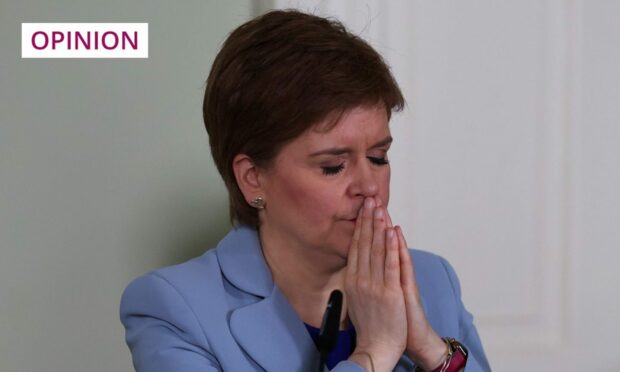The people of Scotland voted on the country’s constitutional future in 2014.
The result was a majority in favour of retaining the union with the rest of the United Kingdom.
For some that was the debate over.
A full stop on independence, with no caveats.
But for others it was simply a staging post on a journey towards Scotland becoming an independent nation.
The truth is that arguments over Scotland’s future have never gone away, although in more recent years the white heat of the 2014 referendum has been more of a smoulder as Covid and Brexit dominated.
🏴 @ScotGov has a mandate to hold a referendum on Scottish independence, backed by the democratic will of the people of Scotland. pic.twitter.com/NvAo6SWvlk
— Yes (@YesScot) June 14, 2022
But that fire is now on the brink of bursting back into flame with Nicola Sturgeon putting forward her case for a new Scottish independence referendum.
The foundation stones for this new run at independence were set following the SNP’s victory in the Scottish elections in 2021.
The first minister argues her mandate for a new poll is indisputable. But whether a referendum will actually happen, in 2023, as promised, is far from clear.
Case for Scottish independence has yet to be made
There is the small matter of legal authority from the UK Government for the poll. This is unlikely to be forthcoming any time soon.
That in itself will pour fuel on the fire of those seeking self-determination. But it remains a major hurdle to be surmounted.
And then there are the practicalities of what a new independent nation will look like in reality.
Ms Sturgeon was pressed repeatedly on points about the economy and defence. But there was little new – or of substance – to report in response.
While the first minister is determined a new referendum will happen, that is not enough.
She has a case to build and a seemingly immovable object in Boris Johnson to navigate if a poll is to happen.
Independence for Scotland, if won, will not come easily.











Conversation